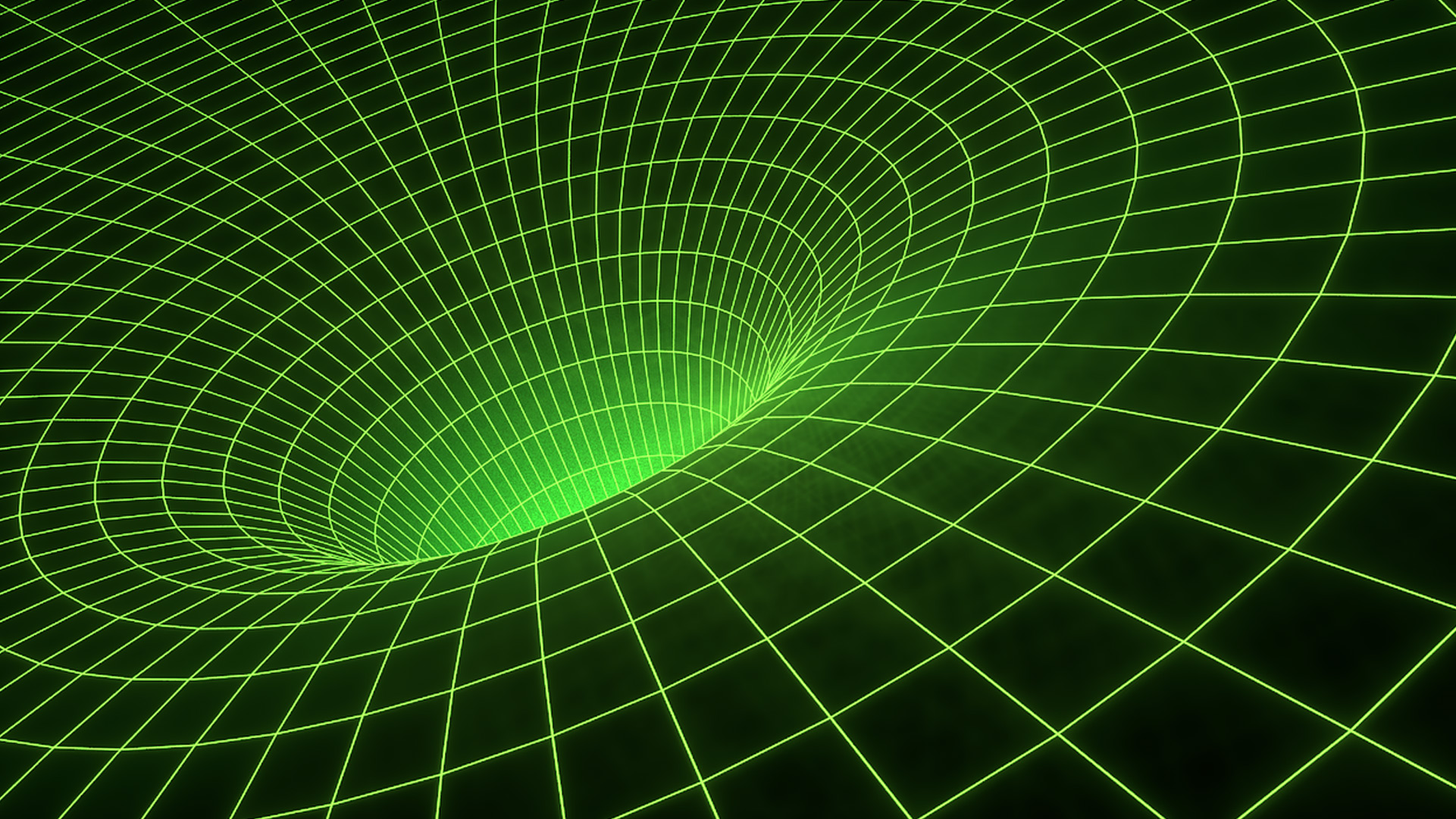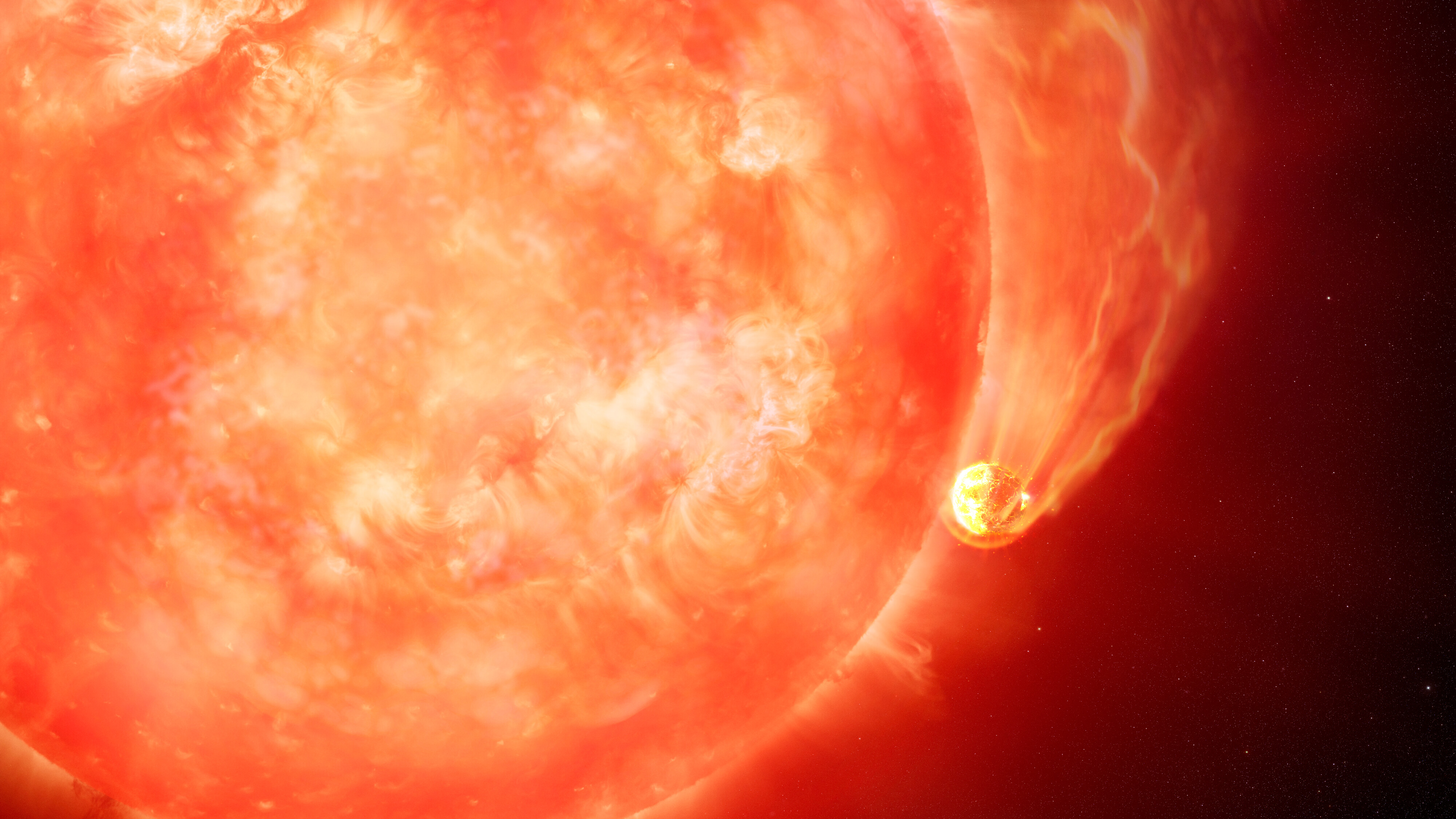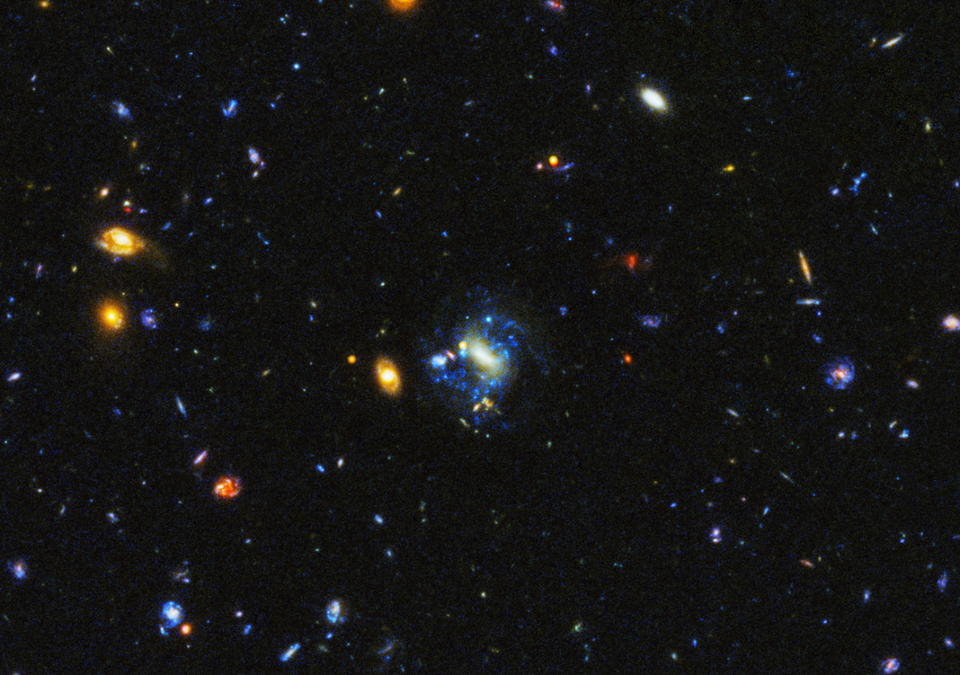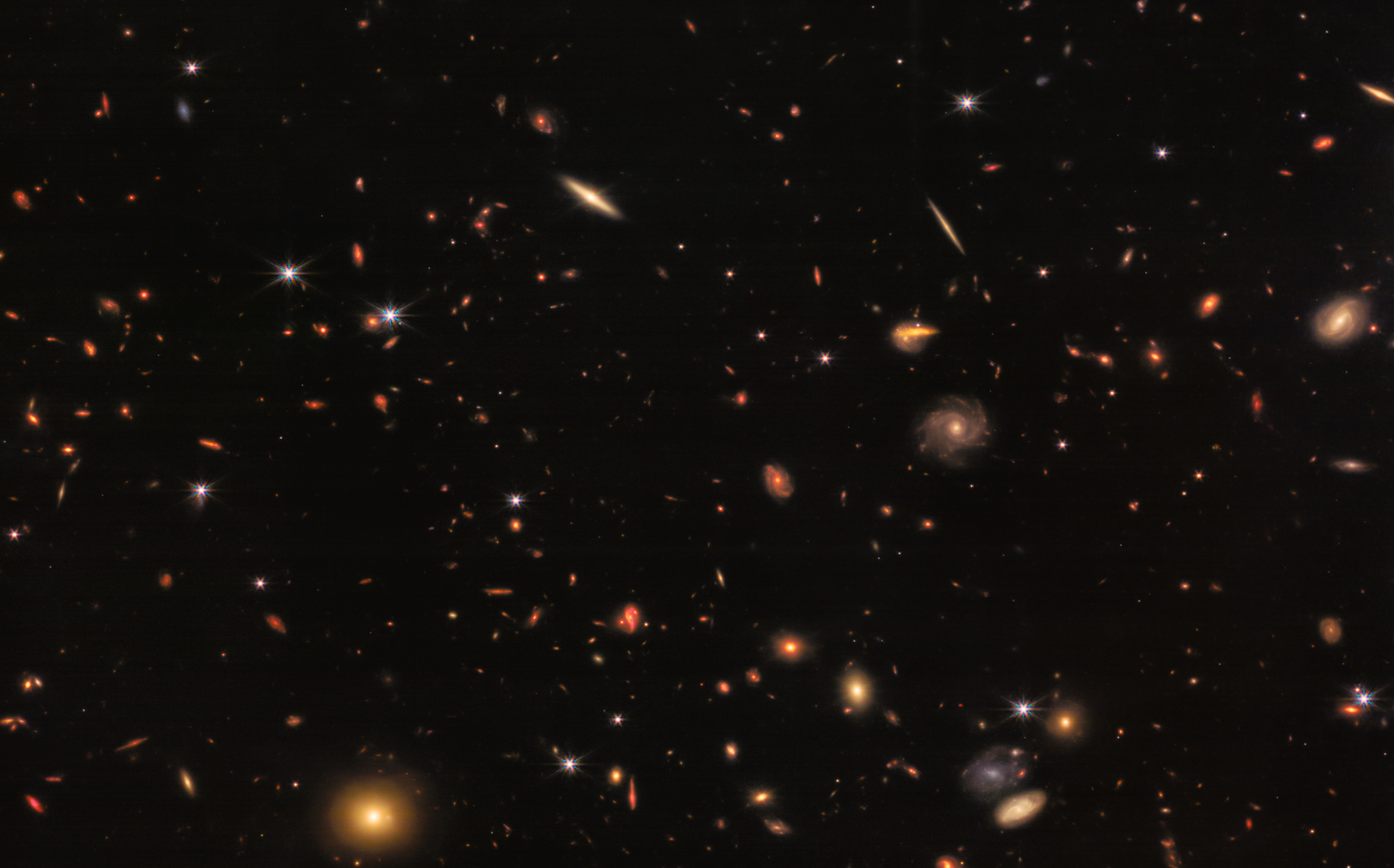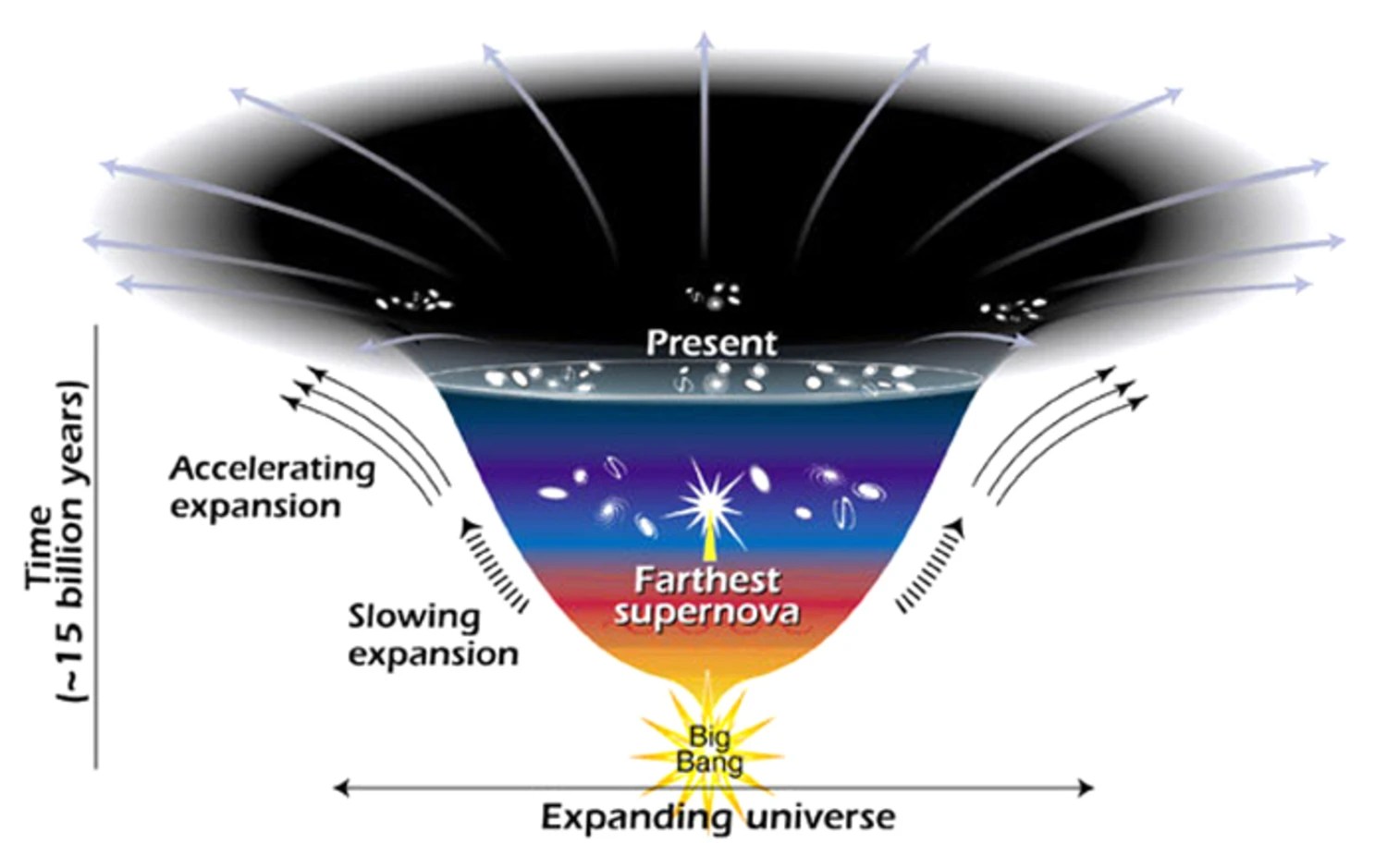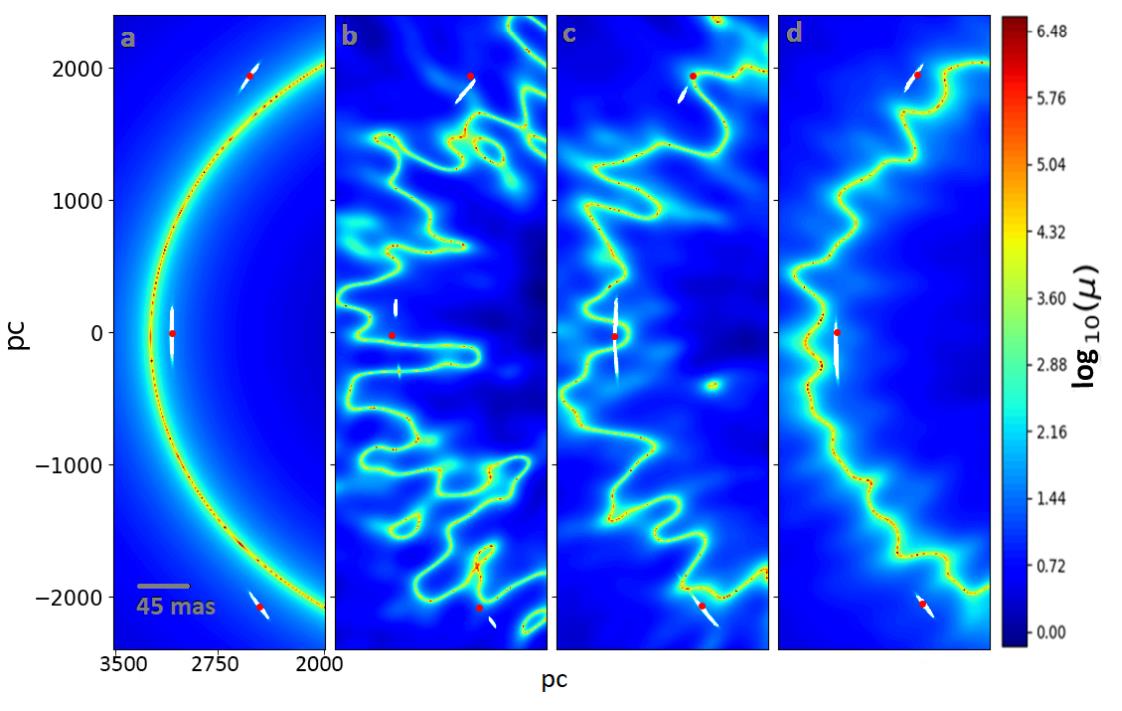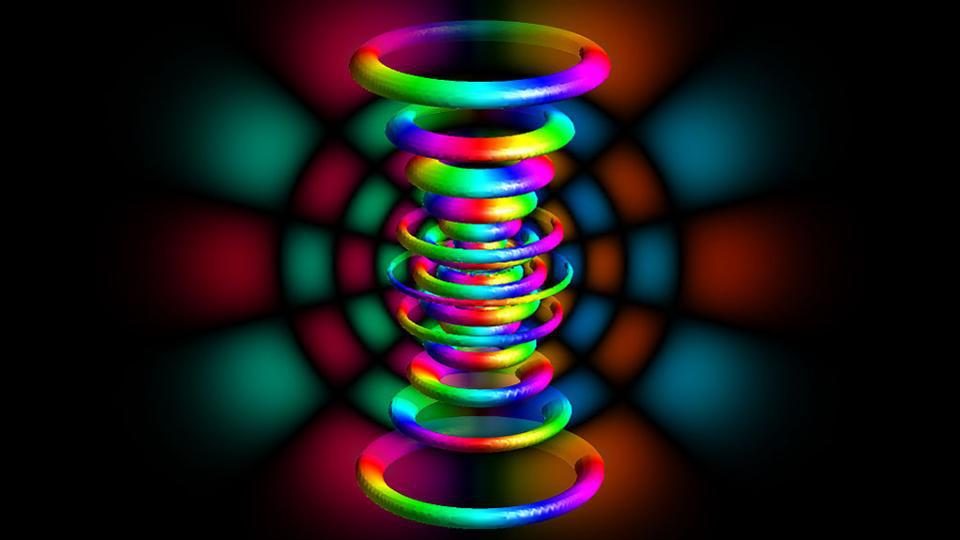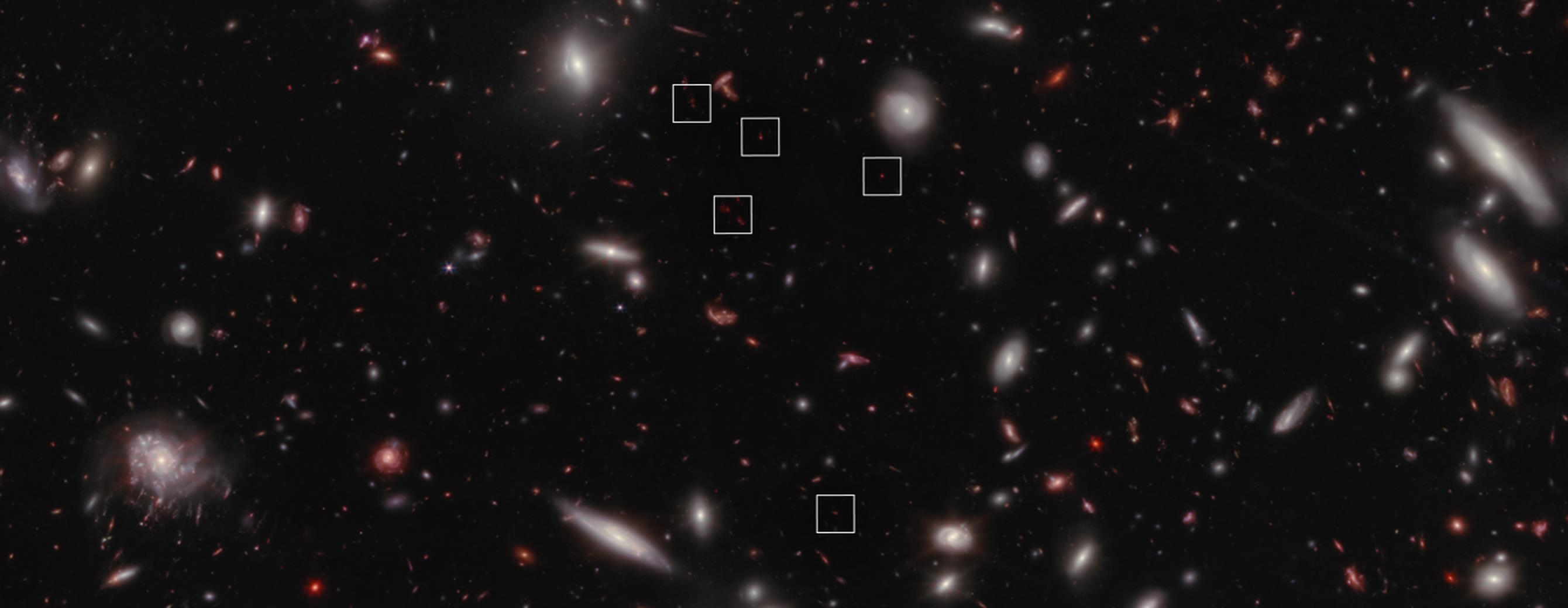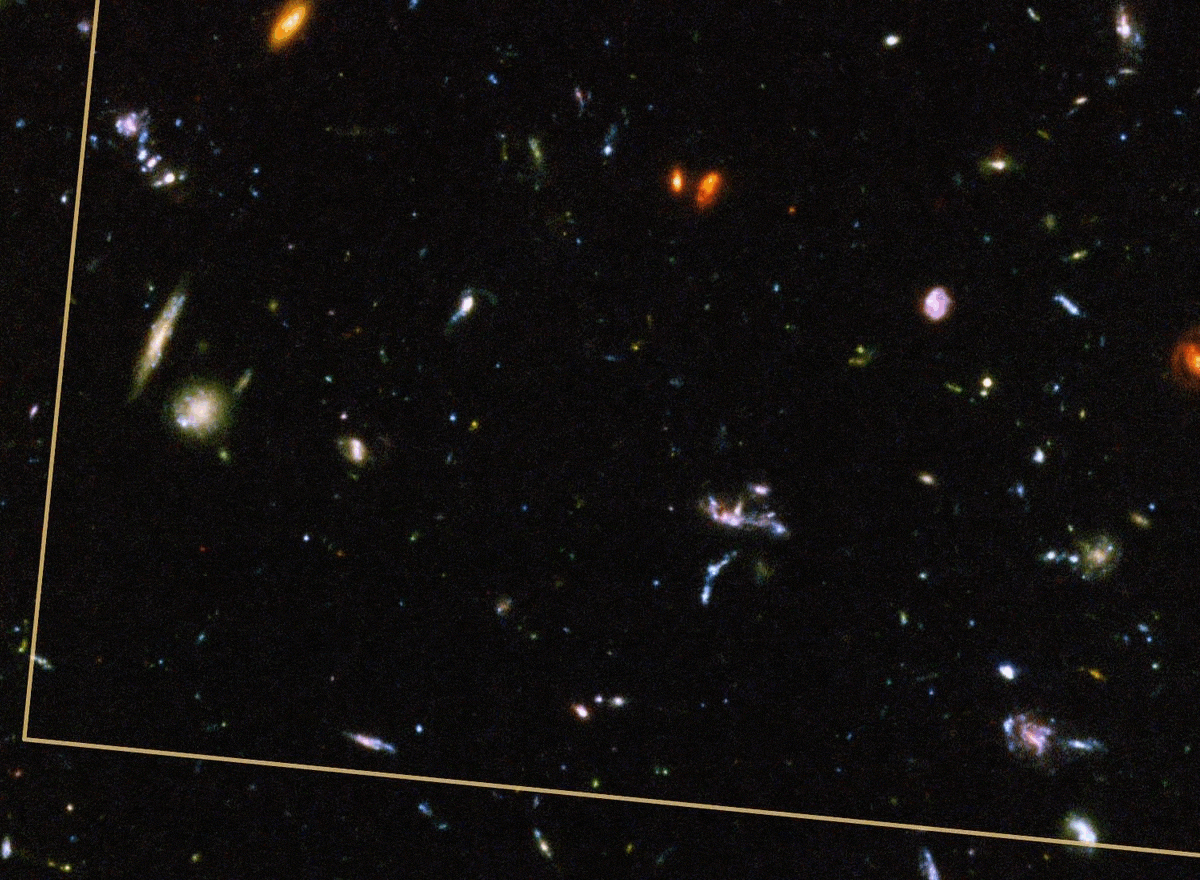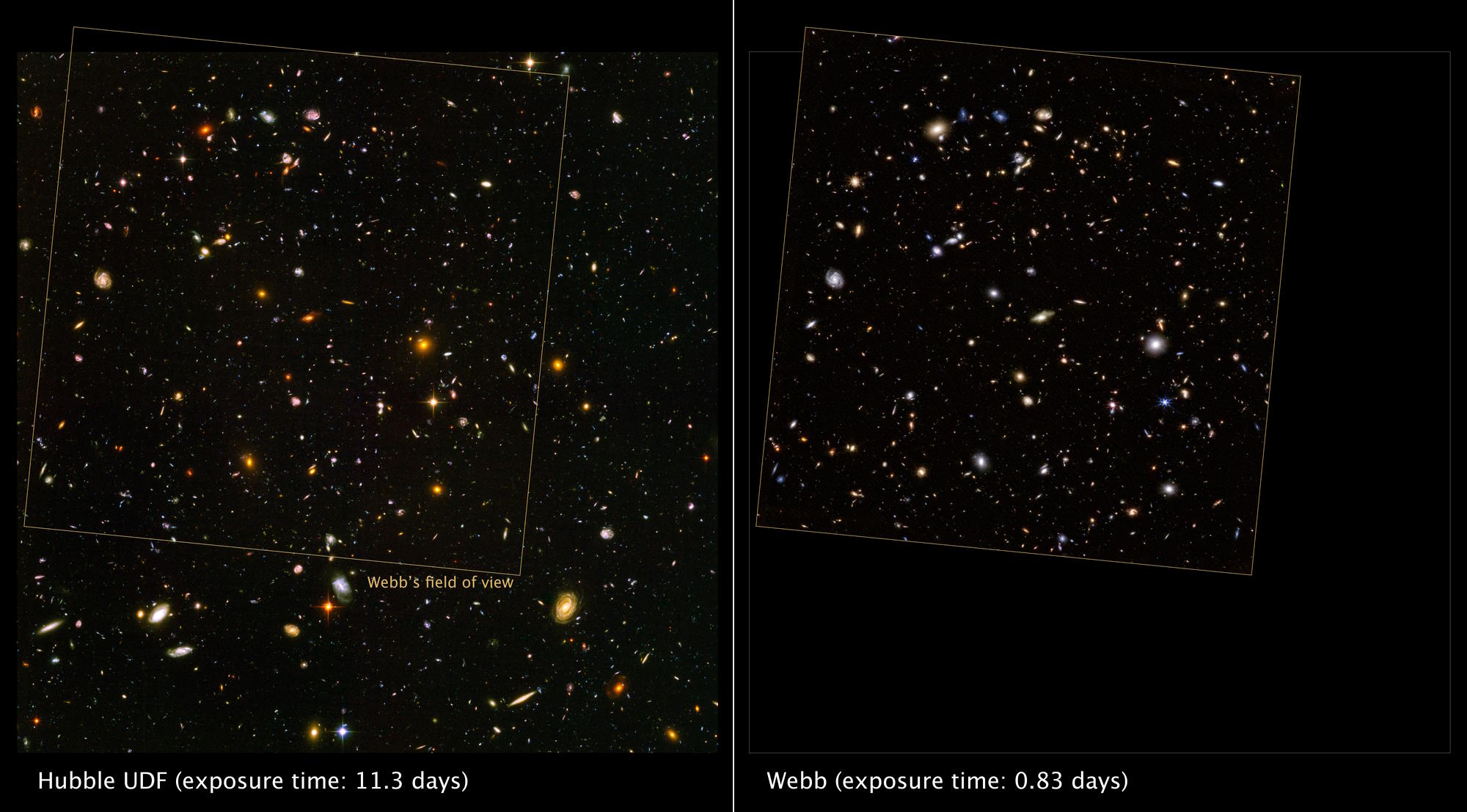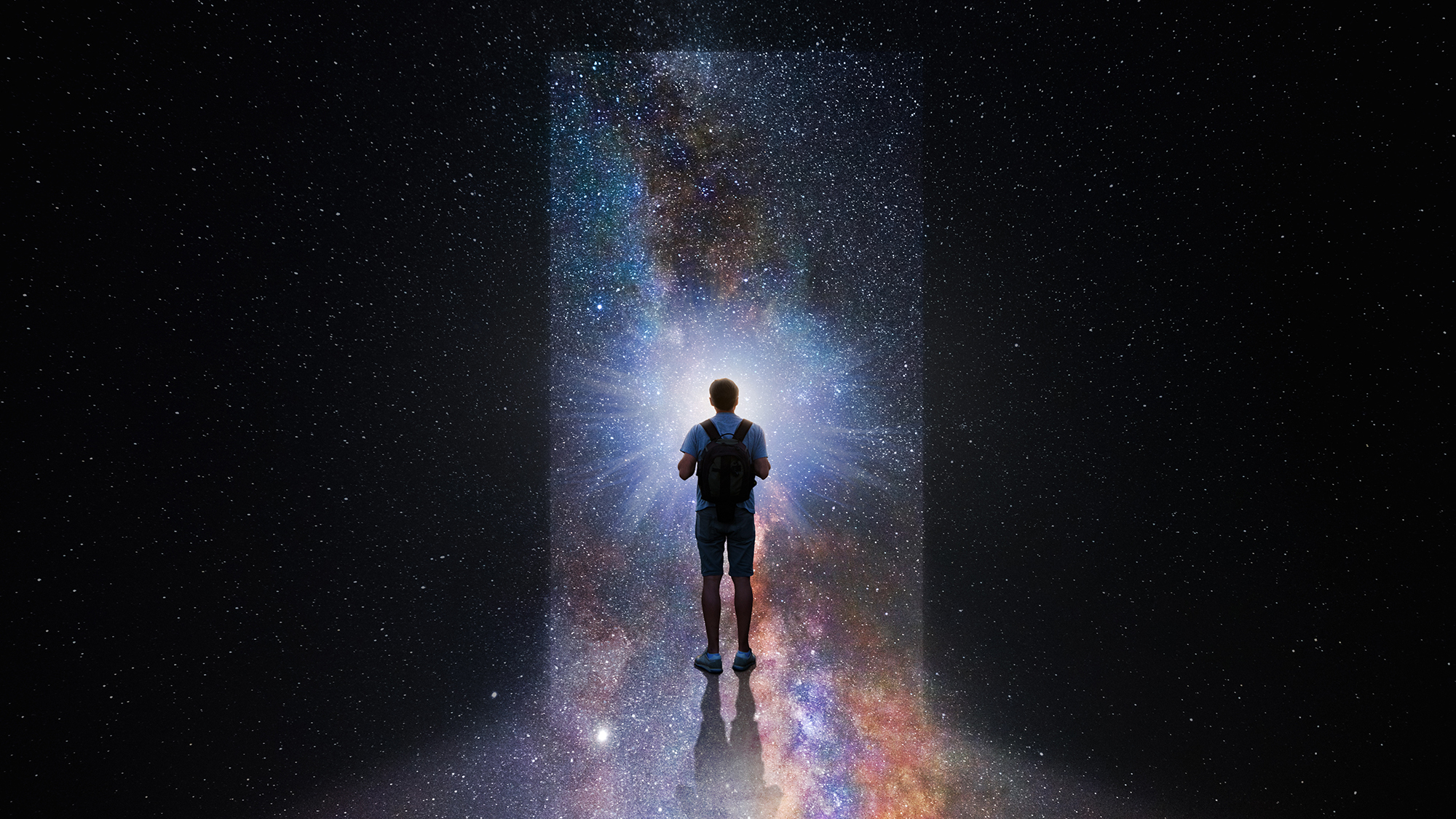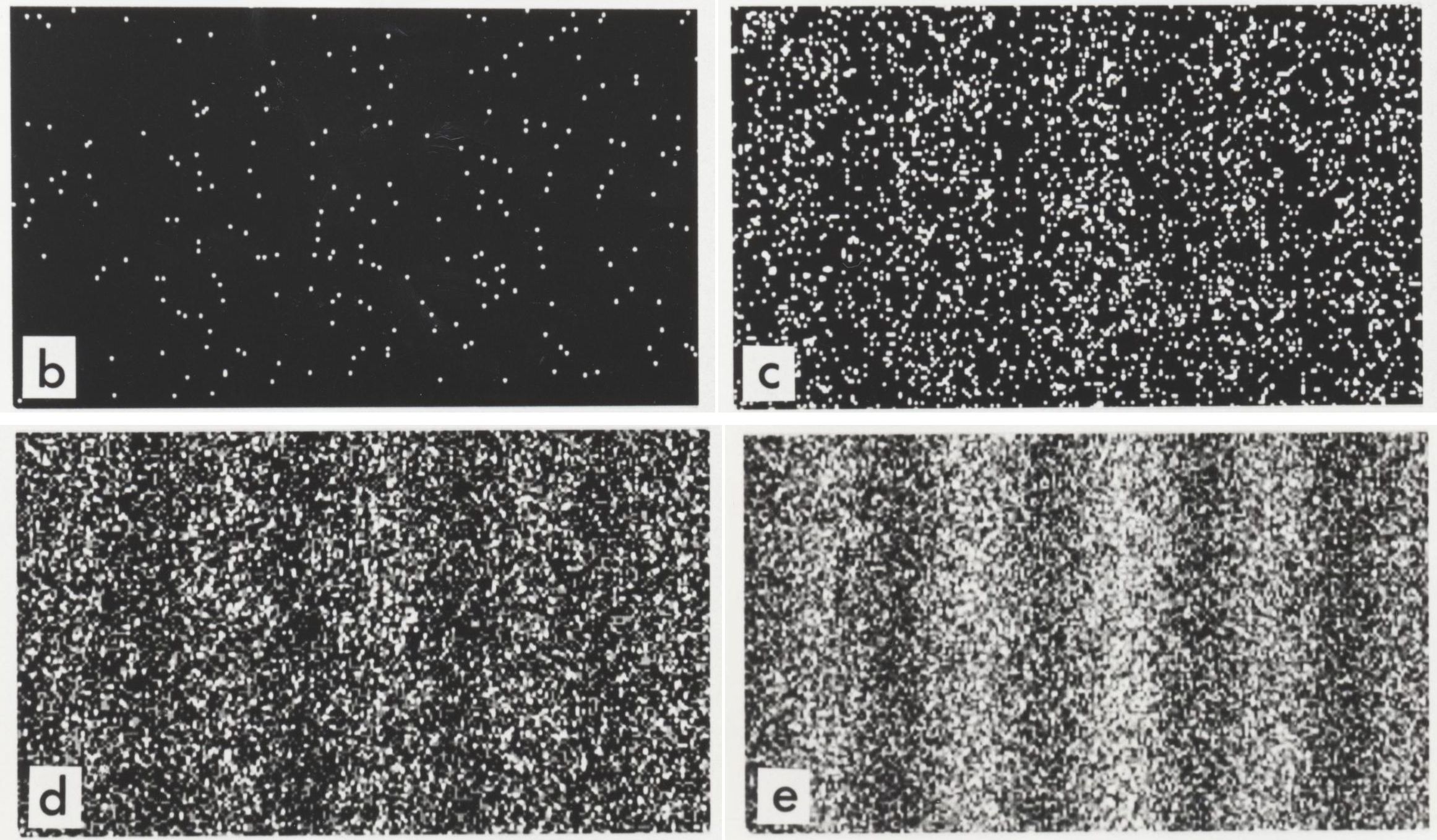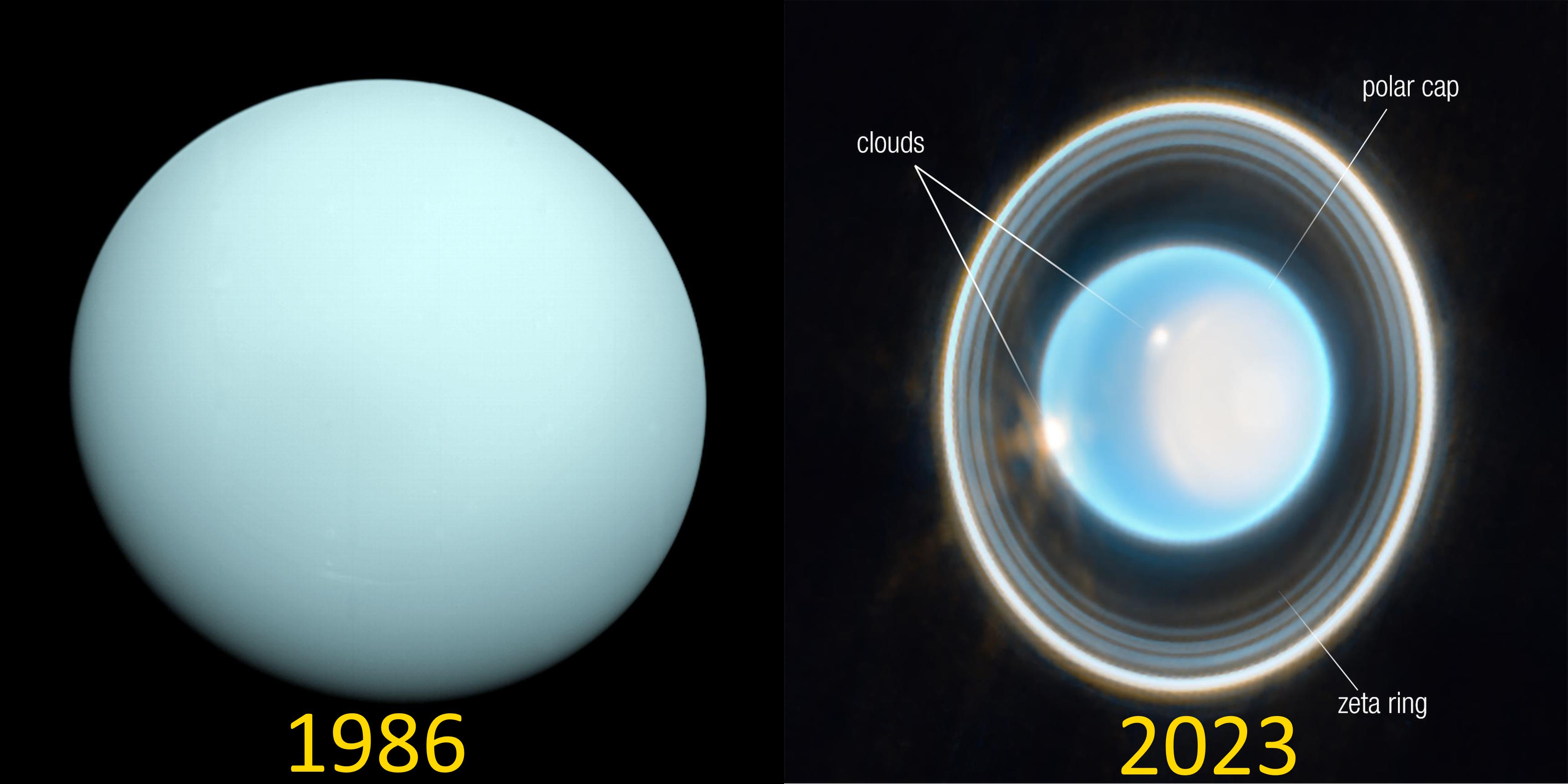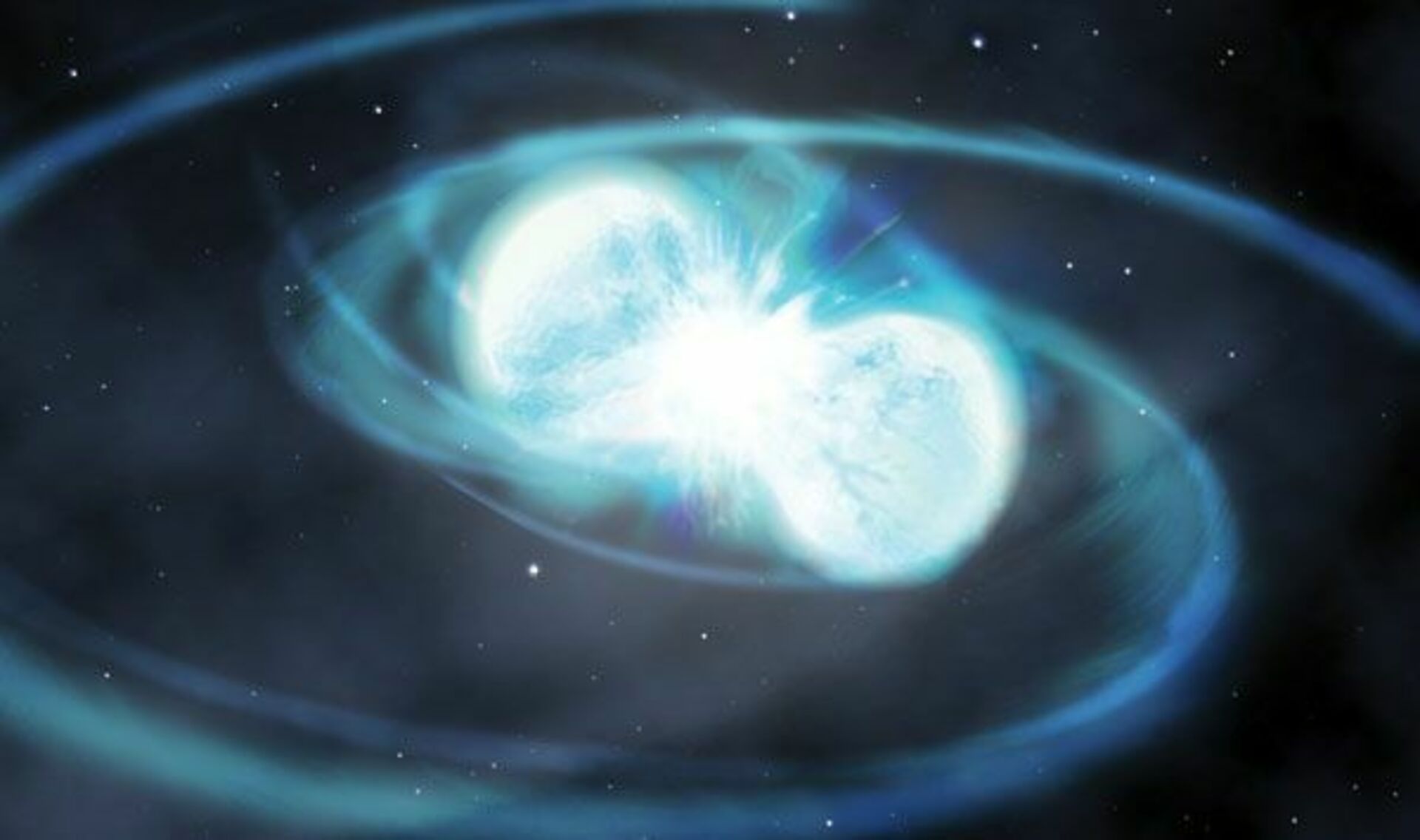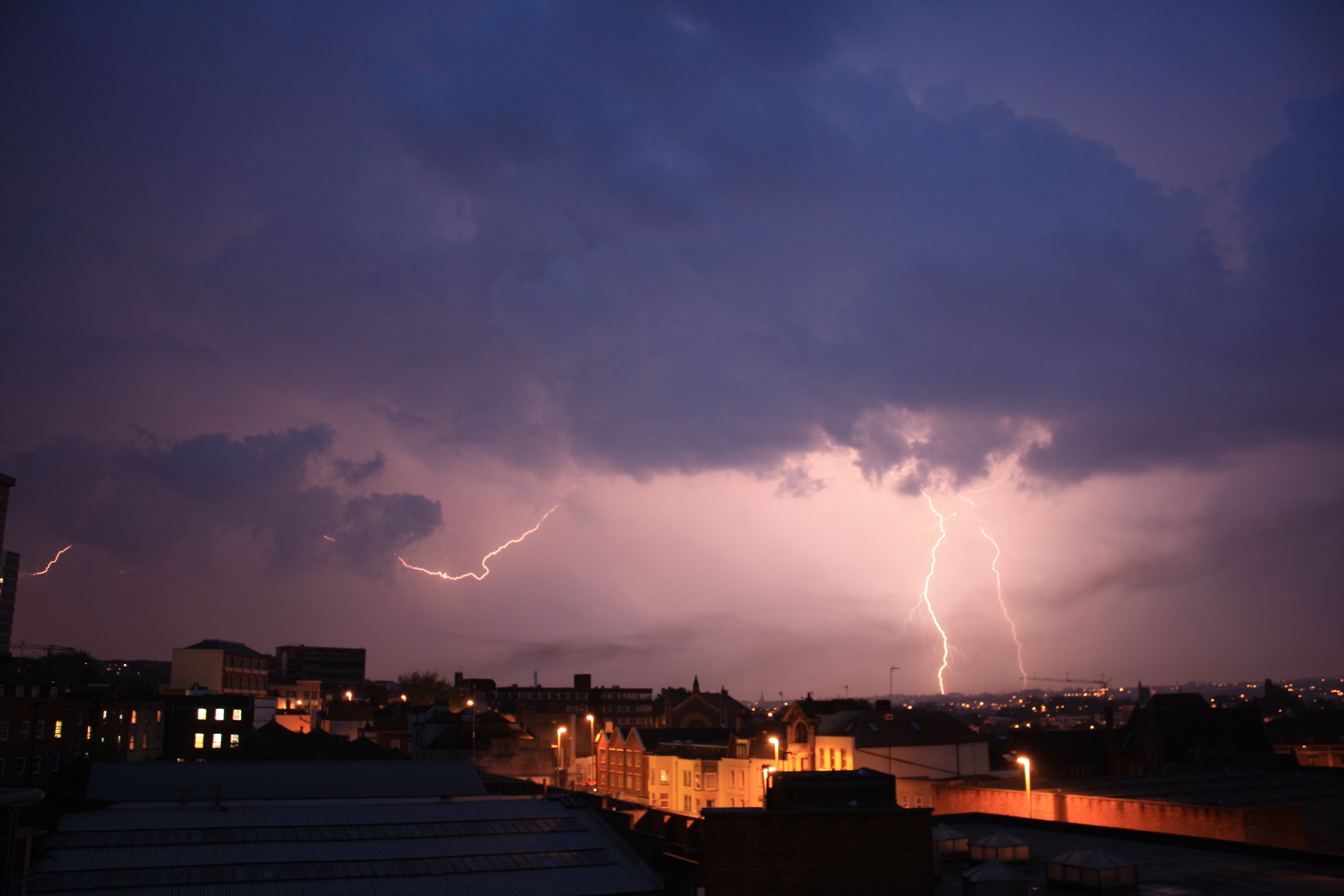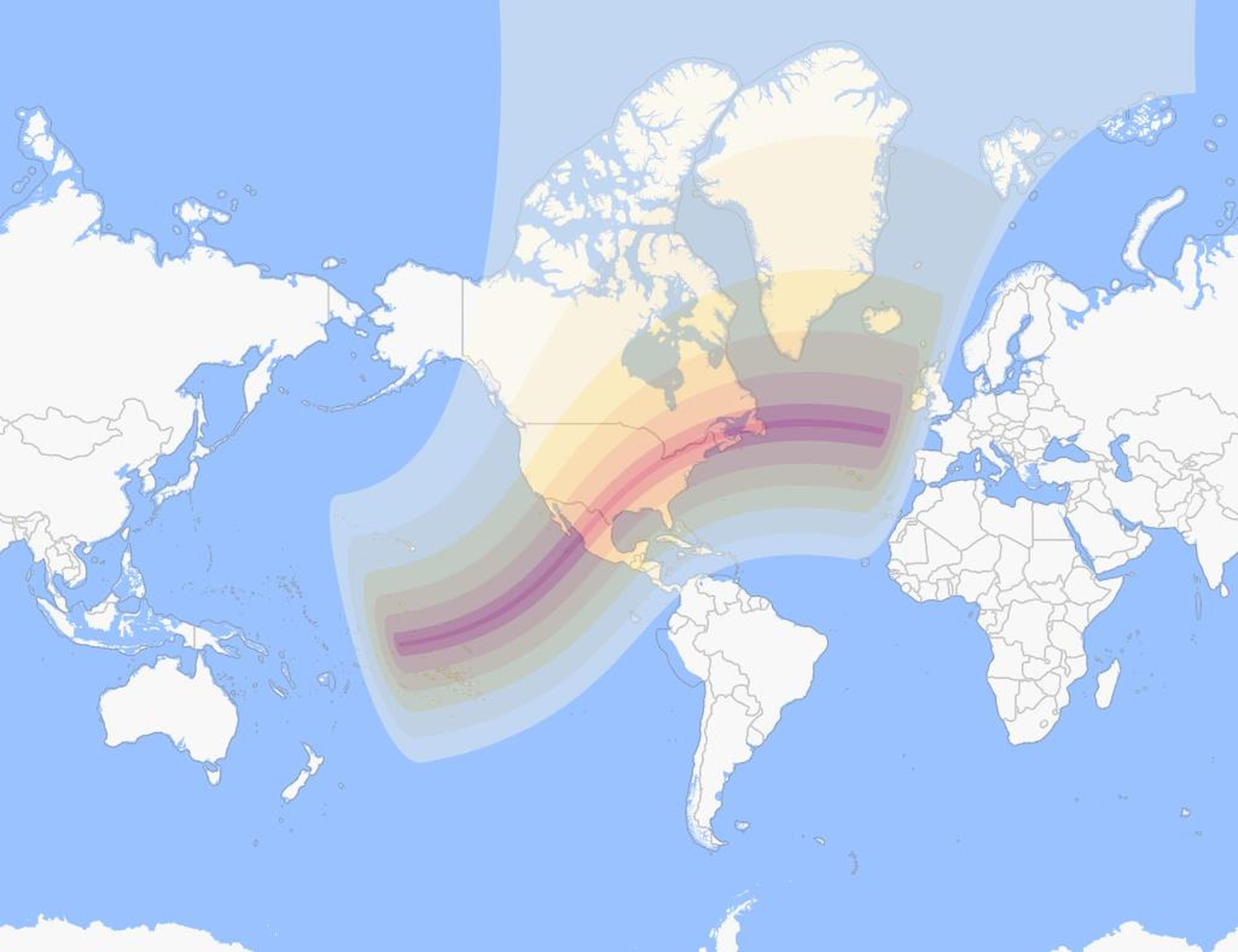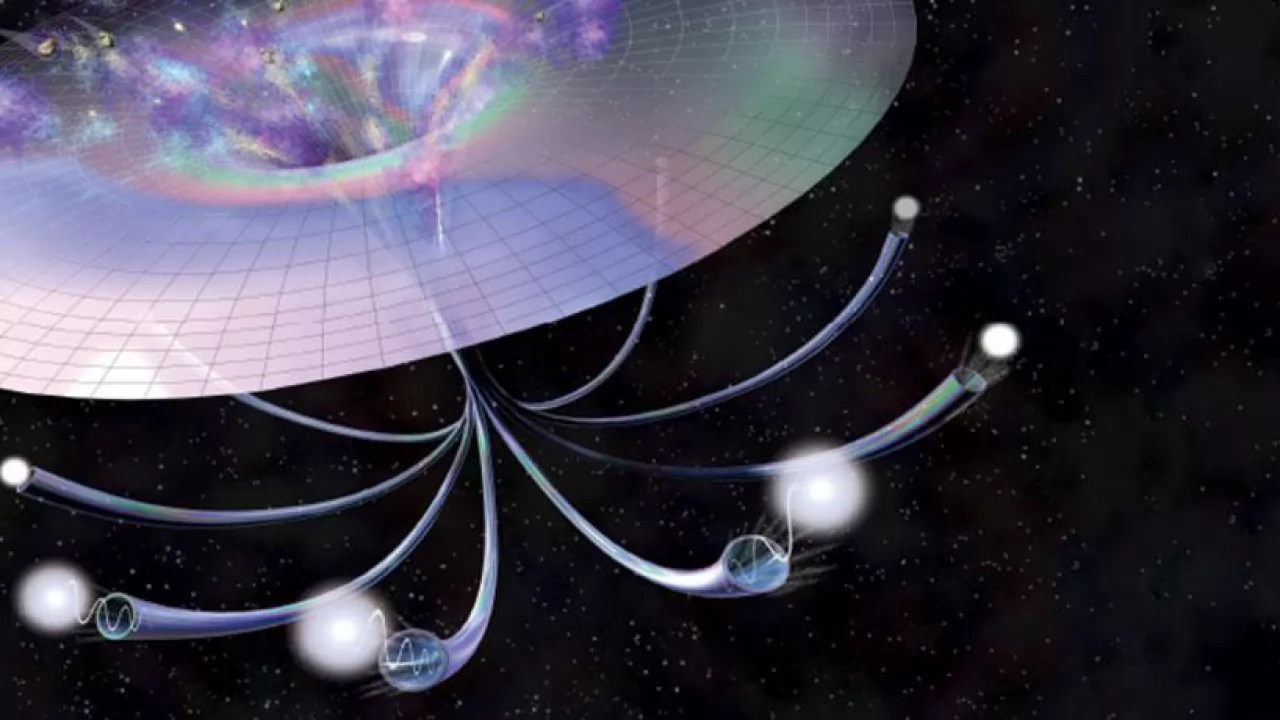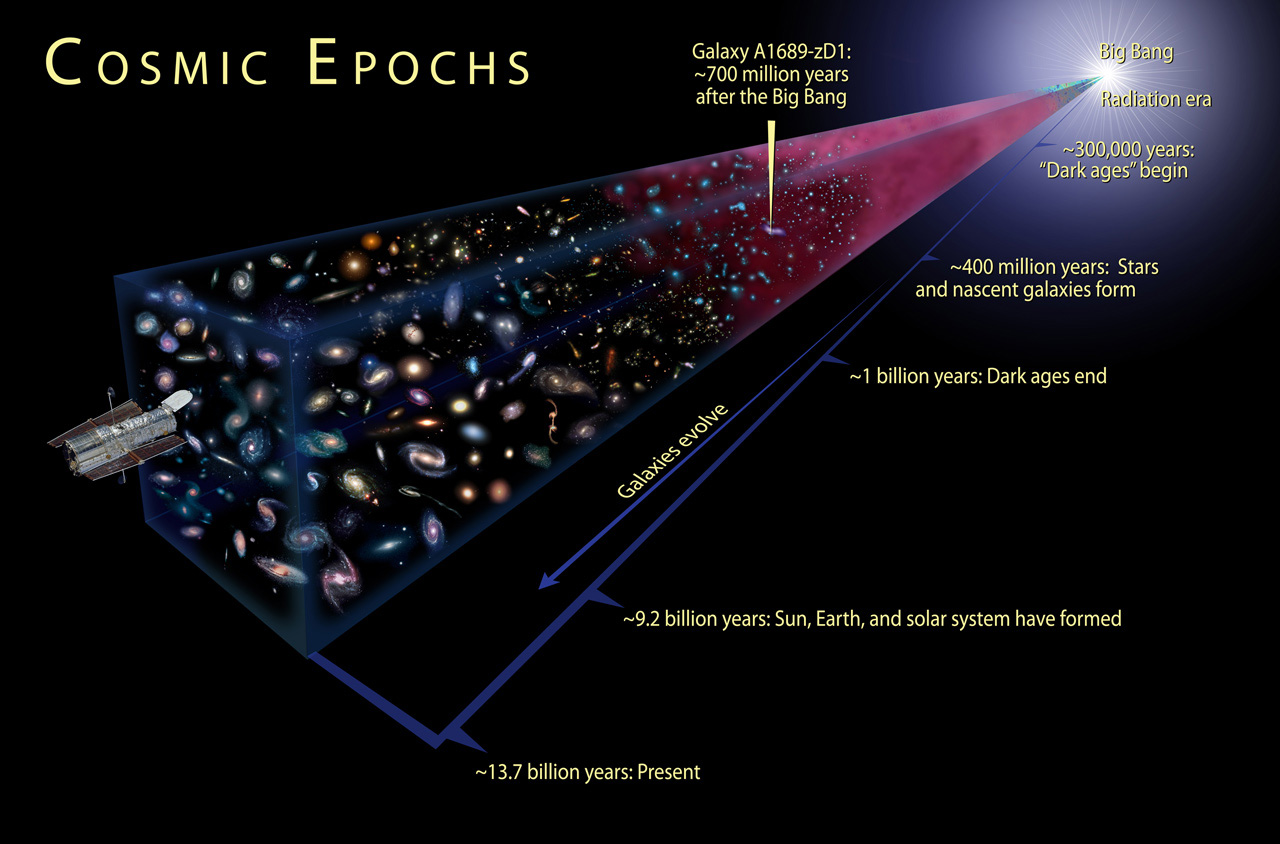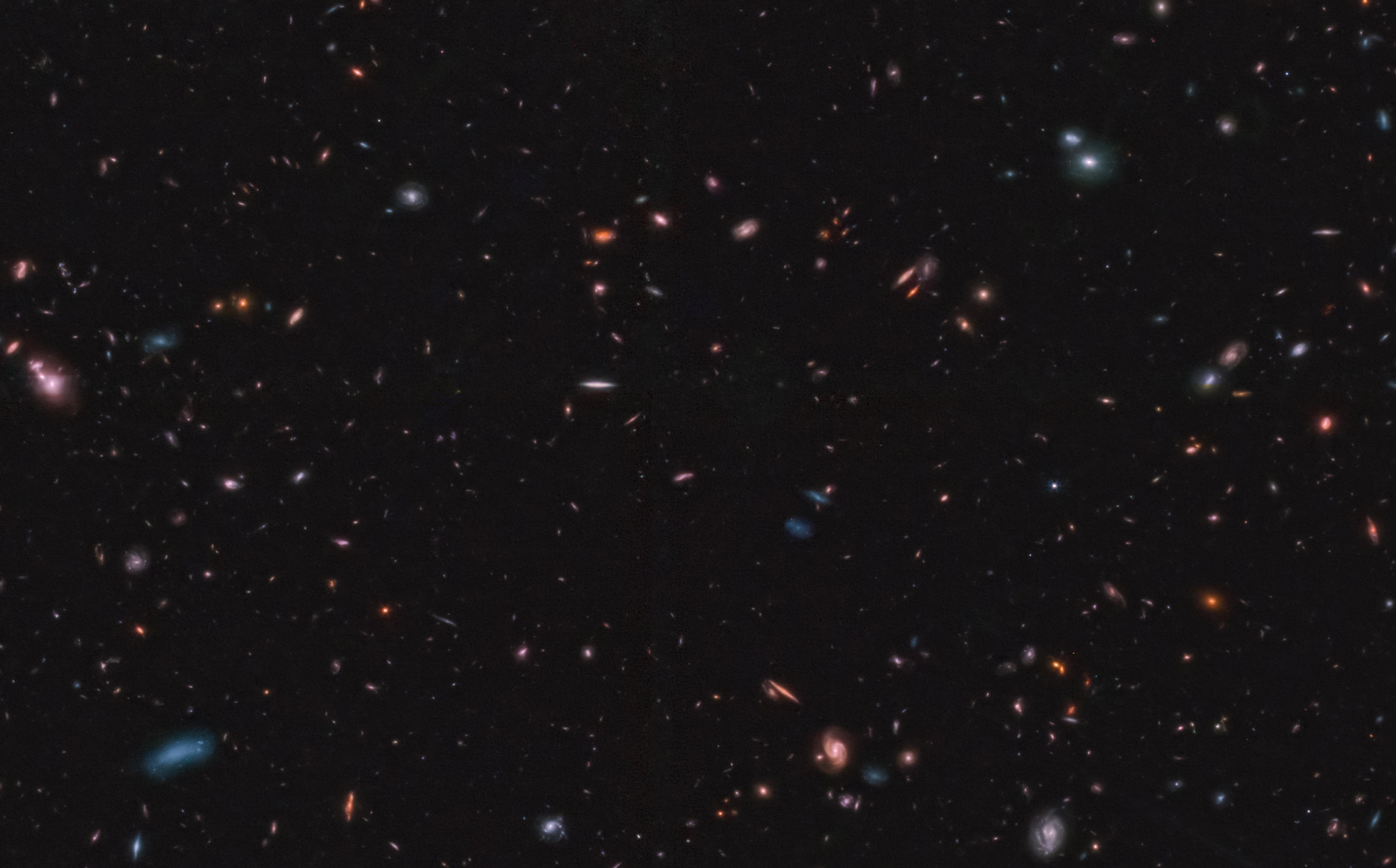Ethan Siegel
A theoretical astrophysicist and science writer, host of popular podcast “Starts with a Bang!”
Ethan Siegel is a Ph.D. astrophysicist and author of "Starts with a Bang!" He is a science communicator, who professes physics and astronomy at various colleges. He has won numerous awards for science writing since 2008 for his blog, including the award for best science blog by the Institute of Physics. His two books "Treknology: The Science of Star Trek from Tricorders to Warp Drive" and "Beyond the Galaxy: How humanity looked beyond our Milky Way and discovered the entire Universe" are available for purchase at Amazon. Follow him on Twitter @startswithabang.

Before there were planets, stars, and galaxies, before even neutral atoms or stable protons, there was the Big Bang. How did we prove it?
Einstein’s relativity overthrew the notion of absolute space and time, replacing them with a spacetime fabric. But is spacetime truly real?
Many planets will eventually be devoured by their parent star. For the first time, we caught a star in the act, eating its innermost planet!
The conservation of energy is one of the most fundamental laws governing our reality. But in the expanding Universe, that’s just not true.
These high-mass, rapidly star-forming galaxies have called modern cosmology into question. But hi-res simulations show no tension at all.
All forms of energy affect the expanding Universe. But if matter and radiation slow the expansion down, how does dark energy speed it up?
The best evidence for dark matter is astrophysical and indirect. Do new lensing observations point to ultra-light, wave-like dark matter?
Quantum uncertainty and wave-particle duality are big features of quantum physics. But without Pauli’s rule, our Universe wouldn’t exist.
Finding out how the Universe grew up was the biggest science goal of JWST. This ultra-early proto-galaxy cluster is one amazing discovery.
From quarks and gluons to giant galaxy clusters, everything that exists in our Universe is determined by what is (and isn’t) bound together.
JWST has brought us more distant views of the early Universe than ever before. Is the Big Bang, and all of modern cosmology, in trouble?
If you look into a mirror, you’ll notice that left-and-right are reversed, but up-and-down is preserved. The reason isn’t what you think.
Nearly 2000 years ago, Mt. Vesuvius erupted, burying Pompeii but incinerating Herculaneum. The most lethal volcanic phenomenon is at fault.
For decades, theorists have been cooking up “theories of everything” to explain our Universe. Are all of them completely off-track?
With infrared capabilities and image sharpness far beyond Hubble’s limits, JWST looked at Hubble’s deepest field, revealing so much more.
The Universe is grand, awe-inspiring, and greater than we likely imagine. Even astrophysicists get anxious thinking about it, but we cope.
The double-slit experiment, hundreds of years after it was first performed, still holds the key mystery at the heart of quantum physics.
With a massive, charged nucleus orbited by tiny electrons, atoms are such simple objects. Miraculously, they make up everything we know.
“Imagination is more important than knowledge” is often taken to mean that your conceptions outweigh what’s real. That’s not what he said.
Voyager 2 flew past Uranus in 1986, finding a bland, featureless world. Now, in 2023, JWST’s sights are similar. There’s a reason for that.
When white dwarfs explode, they create a type Ia supernovae. After decades of following the leading theory, here’s the complete overhaul!
From up close, the cracking sound of a thunderclap dominates. From far away, it’s more like a drawn-out rumble. Can science explain why?
When someone attempts to make you afraid of something that hasn’t happened instead of a true, present danger, suspect this nefarious ploy.
Leading a scientific revolution is easy: you just have to succeed where the current theory fails while equaling its successes. Good luck!
Most of us only ever see a fraction of a full rainbow: an arc. But optically, a full rainbow makes a complete circle. Physics explains why.
The next solar eclipse to occur over heavily populated areas is on April 8, 2024. For a spectacular show; here’s where the best views are!
Our huge, expanding Universe may truly be infinite. But if the set of possible quantum outcomes is also infinite, which “infinity” wins?
With a finite 13.8 billion years having passed since the Big Bang, there’s an edge to what we can see: the cosmic horizon. What’s it like?
Gamma-ray bursts are among the most energetic cosmic events of all. On October 9, 2022, a remarkable one occurred: the brightest ever seen.
Many galaxies really are ultra-distant, but some are just intrinsically red or dusty. Only with spectroscopy can JWST tell which is which.

